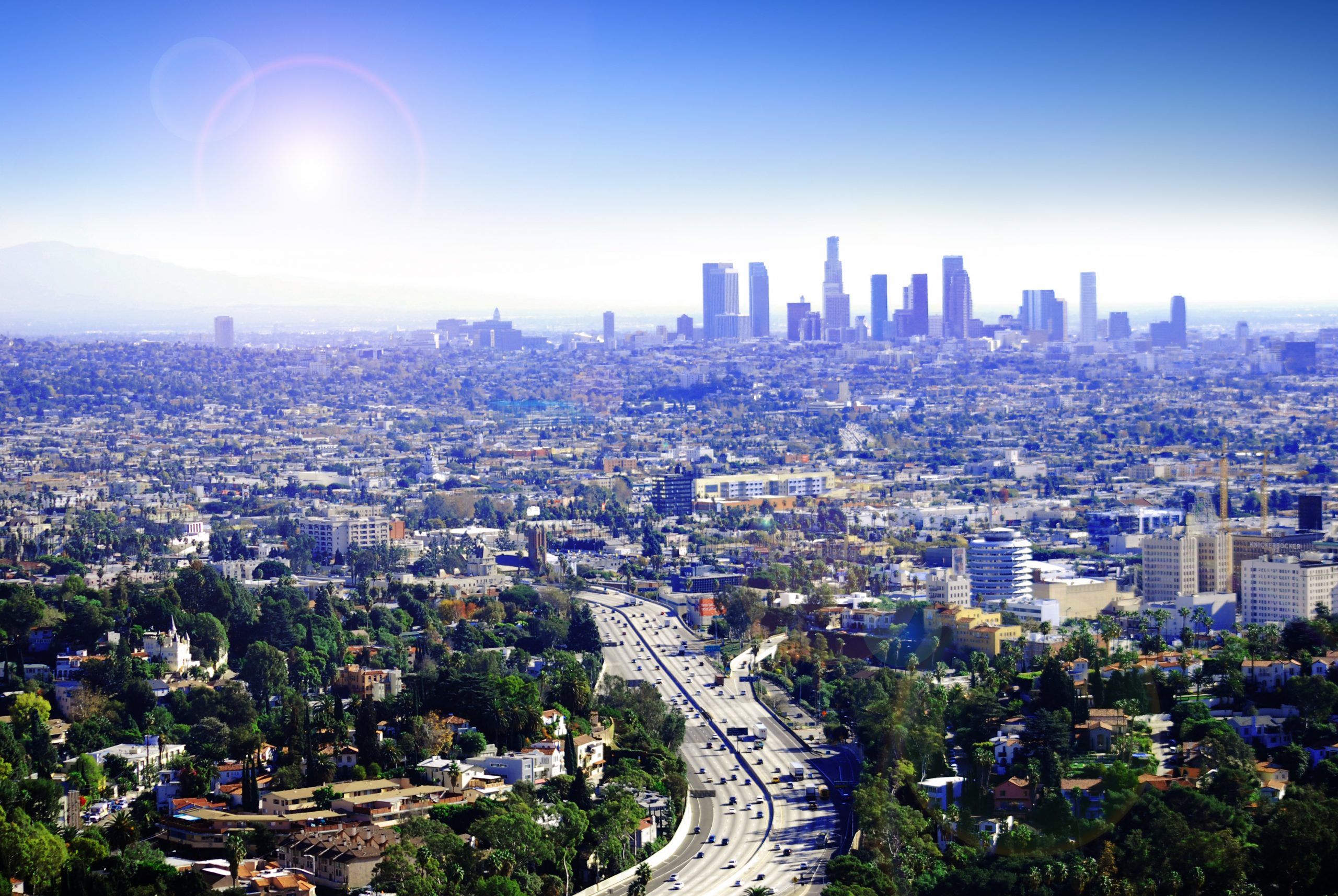Last week roughly over two millions of Italians, or better, residents of Veneto — one of the north east wealthiest regions of Italy, participated to the first referendum of its kind: an online and telephone ‘yes or no’ vote to gain independency from the rest of the country, just like the old days, i.e. eighteenth century, before Italy became a unified country.
A transversal, independent ‘committee’ proposed and promoted a referendum to ask to vote: 89% said ‘Yes’ to their most wanted yet most criticized wish: to get out of the jurisdiction of Italy.
The referendum activists report, the reasons behind the independence quest aren’t just about the money: social services and quality of life are of greater concerns.
The yes campaign organizers provided a few data: the region of Veneto produces roughly 150 billion euro of yearly average income and pay 70 billion in taxes. Only 15 billion can be locally managed by the region, all the districts and provinces, and the 55 remaining billion goes back to the entire country, and it is then partially redistributed under public services. Of these, the Veneto receives back only 35 billion.
So every year, Veneto pays 20 billion more than what it gets back. But again, is not just about the money. The pro-independence movement has concerns on social and public health too as the progressive degrade for the quality of regional public services provided is worrisome. The activists have no doubt: if Veneto gets its autonomy from Italy, the region will be able to have a positive income instead of a deficit that will allow to decrease taxes right away and improve the quality of local services.
The so craved political autonomy from Rome, Italy’s capital city and ‘money maker’, had been brought up before throughout the years in Veneto and other northern regions, but it seemed to have faded away, maybe temporarily outshadowed by heavier scandals and bigger problems for Italy, but it is now back on the spotlight, stronger than ever.
Venice’s ex mayor, Massimo Cacciari defined the entire operation “clowning” although positive feedback is profusely spreading. The leader of the Five Star’s movement — 2013 election winner of 25.6% of the vote for the Chamber of Deputies, Beppe Grillo, with his usual poignant style wrote about Italians: “What if tomorrow..[..]..they wouldn’t feel anymore the necessity to live a nightmare where democracy disappeared, a 90 years old gentleman decides the country’s destiny (i.e. Italy’s President Giorgio Napolitano) and embarrassing pots and pans salesman (i.e. Matteo Renzi) likes to play Prime Minister..[…]” a place where “taxes are a massacre and bureaucracy pushes you to commit suicide or to escape abroad..[..]” What if, asks Grillo, “someone would get tired and said enough?”
Veneto’s governor Luca Zaia, who also voted in favor of “his” region’s independence pointed out “this is not a ‘real’ referendum, it is rather a poll.” Although, Zaia explained it should be an incentive to have the official project law proposal started. It might be just a poll, but it certainly brought the whole world to talk about Veneto independence’s conquest wish.
“Freedom” from a troubled country could be just a newly re-discovered dream, a vintage trend that comes back, probably always destined to clash with the Italian Constitution and its fifth article that says: “Republic is indivisible”. But if it’s a country population’s decision that makes a country a unified nation, what happens if part of the country population doesn’t want to belong to that nation anymore?
Independence has such antique roots when it comes to Venice and Venetians and suffocating bureaucracy, excessive taxation and the crumbling economy and politics of a tired country might be the icing. Regardless any speculations, given this referendum numbers it’s hard to believe that absolutely nothing is going to happen.




























